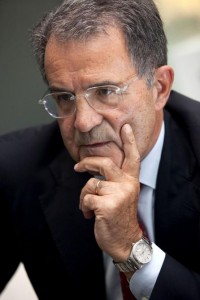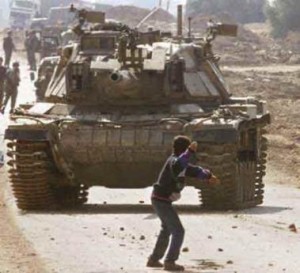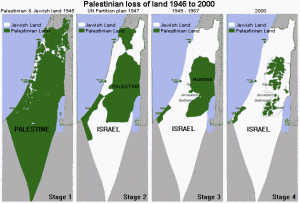10 Città
Avellino, Bologna, Brescia, Catania, Lamezia,
Milano, Padova, Roma, Torino, Treviso
Per decidere bisogna conoscere. Purtroppo in Italia c’è un forte divario tra la realtà e la sua percezione. Essere cittadini è un impegno che esige senso di responsabilità. Per questo è stata organizzata una serie di “lezioni” in 10 città da Italia/decide – Associazione per la qualità delle politiche pubbliche (www.italiadecide.it) che contrasti il diffuso “analfabetismo civile” attraverso la formazione di saperi e di competenze che sono presupposto dell’esercizio dei diritti e dei doveri di cittadinanza.
Democrazia Etica pubblica Italia e Europa
A Bologna coadiuvano all’iniziativa
la Fondazione per la Collaborazione tra i Popoli
e l’Istituto Regionale di Studi “De Gasperi”.
Le lezioni si svolgeranno con il seguente calendario nell’Aula “Futura” della Casa delle Associazioni di Bologna, Via S. Stefano 119/2 – Bologna, dalle ore 18.00 alle ore 20.00:
- Venerdì 1 Febbraio 2019 / Etica pubblica e politica.
Prof. Augusto Barbera – Corte Costituzionale.
- Venerdì 8 Febbraio 2019 / I diritti dell’uomo: gli aspetti etici nel rapporto tra nuova scienza e tecnologia. Dalla ingegneria dei geni alla intelligenza artificiale.
Ing. Alessandro Ovi (Technology Review – MIT Boston – Roma).
- Venerdì 15 Febbraio 2019 / Democrazia: il mondo sottosopra. Si può rimetterlo a posto?
Prof. Romano Prodi – Presidente Fondazione per la Collaborazione tra i Popoli.
- Venerdì 22 Febbraio 2019 / I nuovi nazionalismi. Dalla Cina agli Stati Uniti, passando per l’Europa.
Prof. Lorenzo Zambernardi (Università di Bologna).
- Venerdì 1 Marzo 2019 / Italia ed Europa: come si colloca il nostro paese nel quadro della Unione Europea in una dimensione geopolitica globale? Quali sono le sue caratteristiche, i principali problemi con i quali si deve confrontare e le possibili opzioni.
Prof.ssa Barbara Curli (Università di Torino).
Discussione conclusiva Ing. Alessandro Ovi
 Scarica qui il Calendario delle lezioni 2019
Scarica qui il Calendario delle lezioni 2019
Ammesse non più di 40 persone. Per motivi organizzativi vi preghiamo di voler inviare un’email di iscrizione a conferenza@fondazionepopoli.org entro venerdì 25 Gennaio.
Al termine del corso sarà consegnato agli iscritti un certificato di partecipazione.
Segreteria organizzativa: Tel. 051 227609 / conferenza@fondazionepopoli.org




















